Learning-(MSP)-by-doing (and learning-by-teaching)
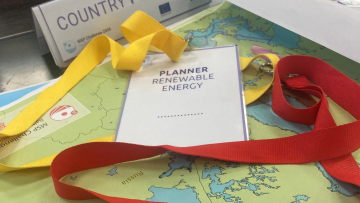
A team of 2 lecturers, Stefan Heinänen and Aurelie Noel, and 6 students from Yrkeshögskolan Novia - Raseborg campus were visiting The State University of Zanzibar (SUZA) from the 24th of February to the 1st of March 2025, to organize and participate in a workshop on Marine Spatial Planning (MSP). The visit was part of a cooperation project – ‘Finland-Zanzibar Marine Spatial Planning for a Sustainable Blue Economy’ between Novia and SUZA and funded by the Team Finland Knowledge programme 2023 of the Finnish National Agency for Education and by Svenska Kulturfonden (for travel grants).
Last year, Novia has had the pleasure of welcoming 2 teachers and 6 students from SUZA at our campus in Ekenäs, Finland, in March so it was now time for the Novia team to visit SUZA in Zanzibar, Tanzania. The project aims at developing participants’ competences and build capacity in MSP through the implementation of two courses. The project partners leverage the use of innovative pedagogical methods such as serious games developed by Breda University of Applied Sciences (BUas) to further develop and strengthen participants’ skills by exposing them to the local environmental context in Finland and Zanzibar.
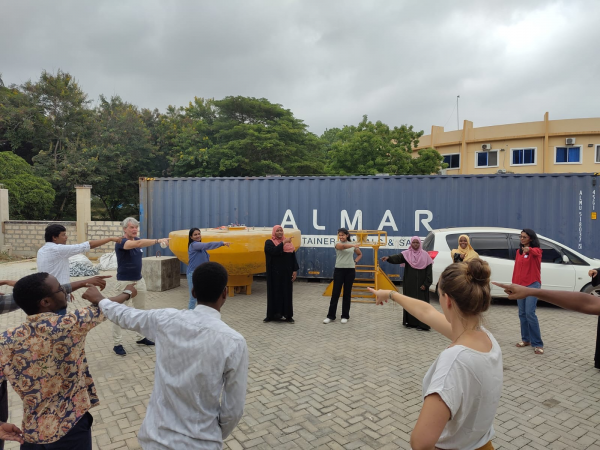
Picture 1: the ball game with BUas facilitator Igor Mayer.
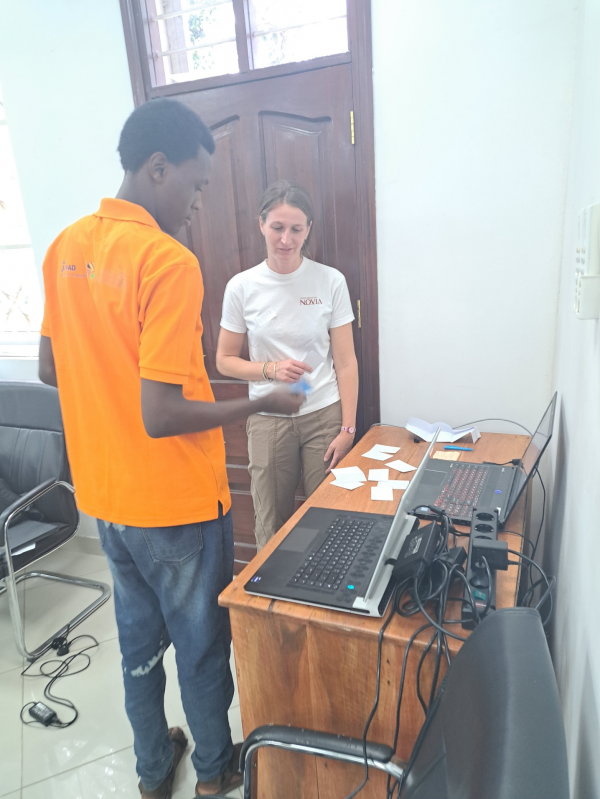
Picture 2: Students interacting with Novia facilitator Aurelie Noel, and working on collaboration skills.
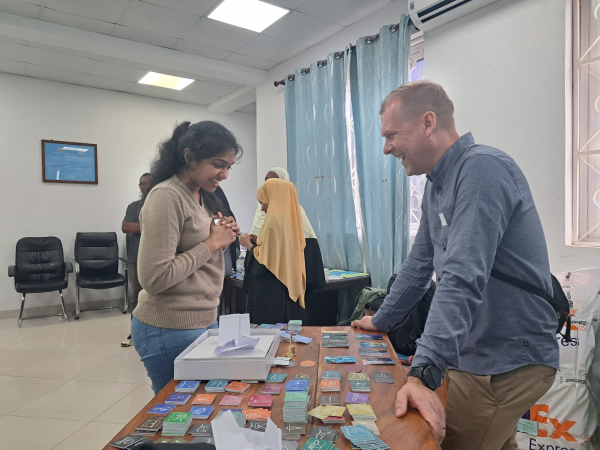
Picture 3: Students interacting with Novia facilitator Stefan Heinänen, and working on collaboration skills.
For this trip around, students from SUZA and Novia discussed MSP at the Zanzibar Fisheries and Marine Resources Research Institute for a week. Using serious game like the ball game (picture 1) and the harvest game to start the day, the students were guided into understanding the practicalities behind forming a coherent group, the importance of establishing communication early on, and to re-think the system when it is not working as efficiently as it should (pictures 2 and 3).
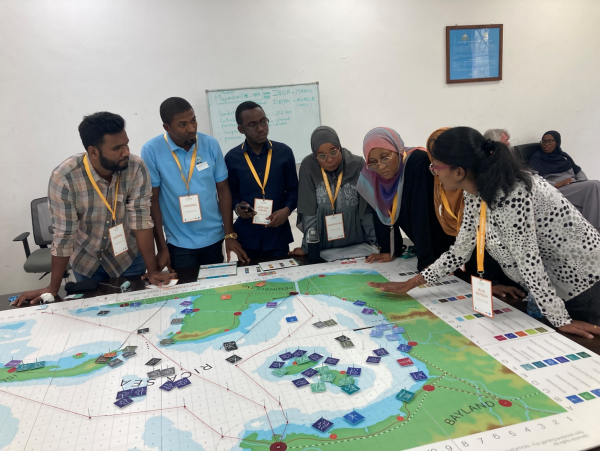
Picture 4: Students discussing interactions between marine activities and elements.
Then the board game version of the MSP Challenge was set up (picture 4), played by the students and facilitated by staff from SUZA, BUas and Novia during a full day. That setting allowed them to see on a map how elements of MSP interact, cross, impede, burden, benefit each other and how every single decision has an impact on everything else.
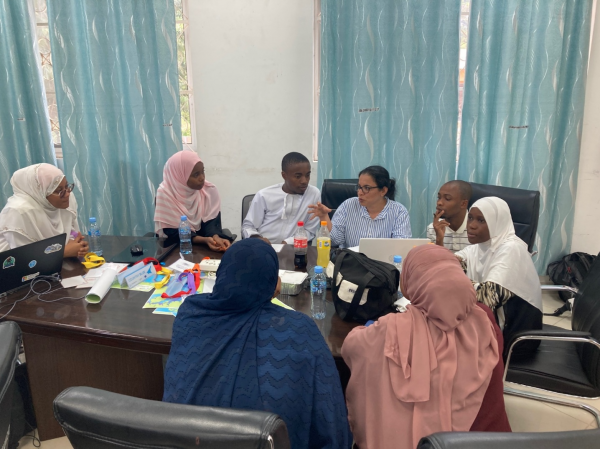
Picture 5: Students creating conference of parties to discuss policies.
Finally, three more days were dedicated to playing the online version of the game using the MSP Challenge platform hosted locally. The students were mixed and split into seven teams. They had to form coherent teams, discuss vision, establish goals, and SMART objectives, implement those plans, collaborate with neighbouring parties (picture 5), re-design plans, get approval to finally allow the plans to be simulated. On Saturday, all the forty-one plans were simulated, and the final results were unveiled (pictures 6 and 7) - How did it go, did it fit the plans, what happened then, what was missed, what should have been done differently, what can still be done… It was so fruitful that the discussions continued beyond the scope of the game!
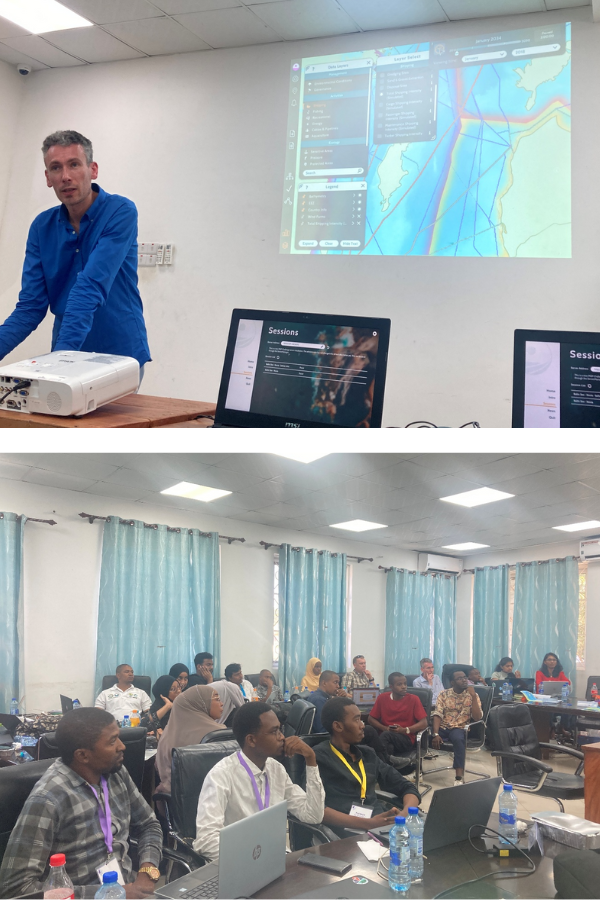
Pictures 6 and 7: BUas facilitator Marin Hekman presenting the simulated results to the audience.
The project also included field visits. Our first stop was the Tumbatu Marine Conservation Area (TUMCA) head office near Mkokotoni and local service point in Kendwa to access the TUMCA. TUMCA has been created in 2015 and since protected by law but, in practice, enforcement depends on the communities. We met Gabriel Masala who walked us through actions for enforcing the conservation (including increased patrols) and the processes involving local communities and fisher associations. Then we met Yassir Ali Haji who showed us some ground regulations around the TUMCA itself (picture 8).
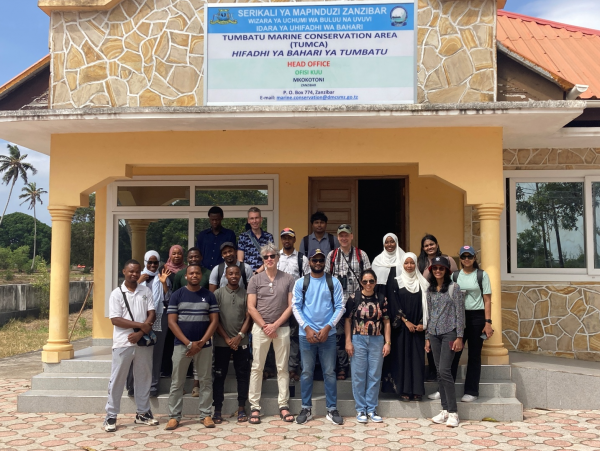
Picture 8: TUMCA head office field visit.
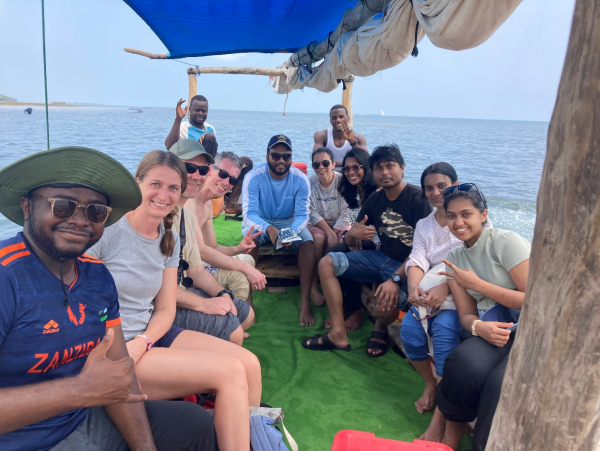
Picture 9: Extra field visit in the south of the island thanks to awesome Abdulrahman Banisheyba.
Lots of reflections and take away that hopefully the students will bring with them for the next steps in their career.
Thanks to the SUZA teacher Mary Khatib and support students Massoud, Amin, Mounira, Mozna, Milangali, Asha, and Mukthari, to facilitators Igor Mayer and Marin Hekman from BUas for making this a tremendous success!
Special thanks to Abdulrahman Banisheyba and his crew (Moudric and Adballah), and Abdalla Hemed for his insights.
Follow us for more on https://www.polarsteps.com/AurelieNoelGeilfus/16441625-tfk-zanzibar-exchange-for-msp
Reseskildringen har godkänts för publicering av Novias redaktionsråd 4.4.2025.
ISSN: 2670-028X
![]()
Reseskildringen har publicerats i Novias publikationsserie RS: Reseskildringar. Inläggen har godkänts av Novias redaktionsråd.
Novia Publikation och produktion, serie RS: Reseskildring, ISSN: 2670-028X
Vi följer CC_BY 4.0 om inget annat nämns.